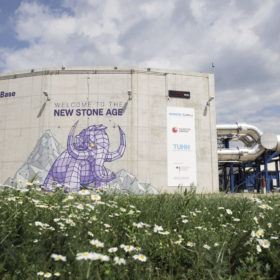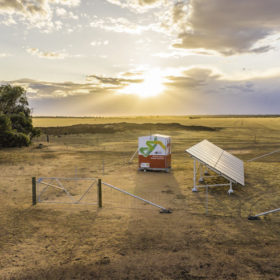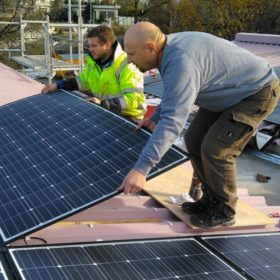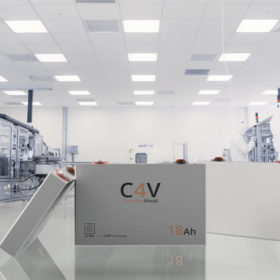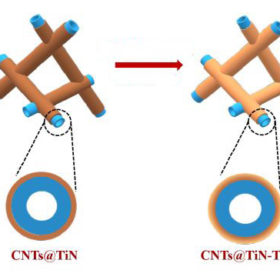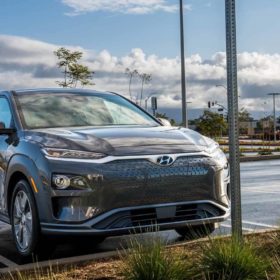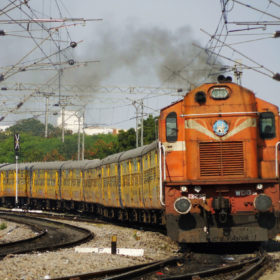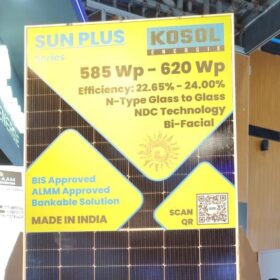Novel battery chemistry for zinc-ion batteries
Scientists have demonstrated a zinc-ion battery that overcomes many of the challenges for this technology. By working with a highly-concentrated salt solution as the electrolyte, the group was able to achieve stability over more than 2,000 cycles combined with a strong electric performance. The group says that its work opens up “a viable route to developing aqueous batteries for emerging electrochemical energy storage applications.”
The long read: Hot thermal energy storage hopes
Thermal energy storage is dense, efficient, and suitable for greenfield and brownfield projects, with a potentially long lifespan. It can also be built with recyclable or low-impact storage materials. So why is it taking so long to achieve widespread commercial success? Tristan Rayner explores the latest developments.
The long read: Scaling up standalone power systems
As technology redefines the delivery of network services, grid operators in remote areas the world over are searching for more cost-effective and reliable alternatives to traditional poles and wires. Standalone power systems are the solar application that is at the forefront of the switch, and they’re ramping up fast.
New solar-powered EV charging station opened at Delhi-Chandigarh highway
The solar-powered EV charging station at Karna Lake Resort, Karnal, is one of the 20 such stations set up by Bharat Heavy Electricals Limited (BHEL) along the Delhi-Chandigarh highway. It is equipped with AC001 (3×3.3kW), DC001 (15kW), and 72kW (50kW DC+22kW AC) chargers to charge all types of electric cars plying currently in the country.
Energy transition to create 60m solar jobs by 2050
The switch from fossil fuels and nuclear will bring a jobs dividend thanks to the greater labor-intensity of renewables plants, according to a paper published by Finland’s LUT. However, the jobs dividend is unlikely to be evenly spread around the world, with Europe set to be a big winner.
The long read: Battery gigafabs in India
India’s solar module makers have built a strong track record, and now the country is set to see vast battery facilities developed. A look into ambitious manufacturing projects and the wider enabled ecosystem.
Lithium-sulfur battery with shorter charging time, longer lifespan
Japanese scientists have developed a new lithium-sulfur battery by using titanium oxide and titanium nitride to prevent the formation of polysulfides during the fabrication process. This allows the battery to retain 85% of its capacity after 500 cycles at 2 C.
Hyundai and UL ally to give EV batteries a second life
The two agreed to advance safe deployment and use of second-life battery energy storage systems.
Indian Railways tenders hydrogen fuel cell technology for trains
The Railways initially plans to convert diesel-powered trains in the 89km Sonipat-Jind section of Northern Railway to run on hydrogen. The hydrogen fuel cell retrofitment kit, along with the balance-of-plant and energy storage and hydrogen storage modules, will replace the existing power-train items onboard 1,600HP diesel-electric multiple unit (DEMU) rakes.
Indian scientists develop zinc-iron redox flow battery with zero dendrite growth
Scientists in India fabricated a redox flow battery based on zinc and iron that showed strong storage characteristics and no signs of degradation over 30 charge-discharge cycles. The battery also showed no signs of dendrite formation, overcoming one of the key hurdles for redox-flow batteries based on these low-cost, abundant materials.

